The Crisis In Kenya
Recently the cost-of-living crisis in Kenya erupted into mass social unrest and protests throughout the country, especially in the capital Nairobi; up to July 17, 2023 the reported number of people killed was 23, as a result of police action against protesters. Hundreds had also been arrested, as the neo-liberal regime cracked down on dissent. The spark that ignited years of smoldering uneasiness was that the government of William Ruto announced on July 1, 2023 the Finance Act 2023, that doubled the Value Added Tax (VAT) on fuel from 8% to 16%, succumbing to pressure from the International Monetary Fund (IMF), which also pressured the government to remove the subsidies on fuel. In return for this added burden, Kenya was approved for a $2.34 B loan from the IMF to reportedly address lingering Covid-19 issues and Kenya’s debt crisis.
According to People’s Dispatch, the Act also includes an additional 1.5% tax as a housing levy on employees and employers. According to Booker Ngesa Omole, National Vice Chairperson and national Organizing Secretary of the Communist Party of Kenya [CPK]: “They call this affordable housing, but 74% of Nairobi’s residents live in slums on less than a dollar a day. Only businessmen and others who can access loans can buy those so-called affordable houses and rent it to the workers to make money from it. 90% of the people will not be able to afford to buy it.” Omole continues: “Fuel prices in Kenya had already reached a historic high after Ruto’s government lifted subsidies at the insistence of the IMF. With the doubling of VAT, taxes now amount to 40% of the cost per liter, which has reached a 12-year high.” There is also an increase on basic food items such as sugar and maize flour.
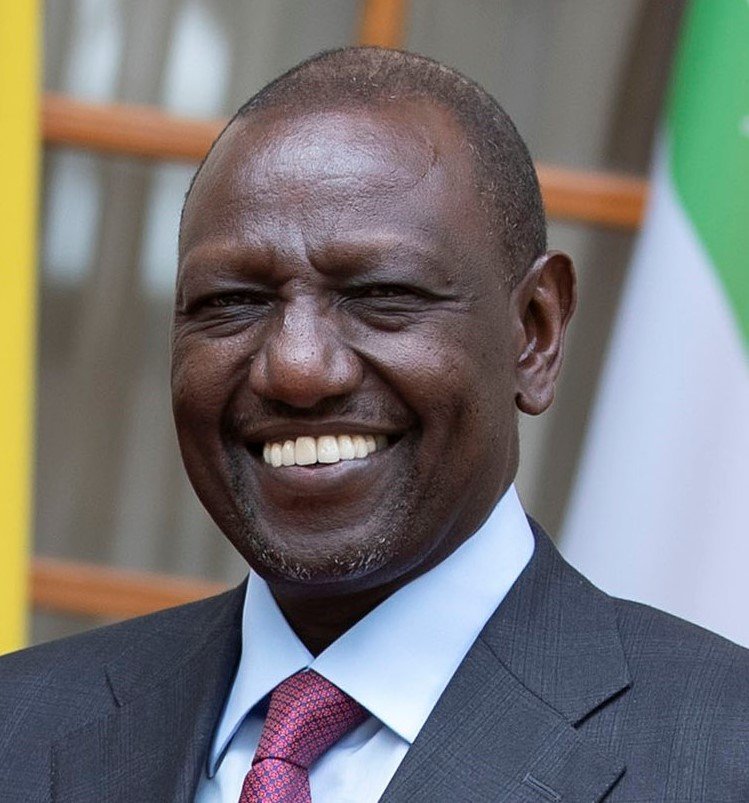
William Ruto, President of Kenya - Photo: Wikipedia
The above scenario is not unique to Kenya, the entire continent of Africa, Latin America, and the Caribbean, in fact the developing countries, have experienced underdevelopment, social unrest and political destabilization, as a result of the legacy of colonialism and neo-colonialism. What is worst, most of these governments having gained “independence” have the erroneous view that they can borrow their way out of foreign debt and subsequent poverty. Such a policy is not only economically impossible but contradictory since it relegates the individual country to persistent poverty, plunging it deeper and deeper in debt. Kenya’s foreign debt is a reported $24 Billion.
Capitalism Created World Poverty
For the developing countries, persistent poverty is one of the legacies of colonialism; it emerged as a feature of capitalism to ensure sources of raw materials, cheap labor, markets, and the destruction of national culture, aimed at preserving the ideology of white supremacy and blunt the edge of the class struggle against capital. With the success of the National Liberation Movements, capitalism was forced to adapt to the new conditions, by modifying the means and methods of exploitation and capital domination; the export of capital became the modus operandi of capitalism.
When the colonialists left, they took with them technology, and in some cases equipment and expertise in certain critical areas of production; this had the effect of turning the newly independent States into socio-economic dependencies. To keep relatively afloat, the countries had to pay royalties for certain technological expertise and borrow widely from international financial institutions to pay for products and services. The International Monetary Fund (IMF), Inter-American Development Bank (IADB); Export-Import Bank (Ex-Im Bank) and the World Bank are the dominant institutions “lending” money to these countries. These financial institutions are the “new” colonial occupiers of the developing countries.
Contrary to IMF staffers and apologists, the Institution is not an “aid” entity, but an enemy of the masses of the people, in whose country it operates; the IMF does not promote or encourage progressive socio-economic development. The IMF Agreements varies from country to country; however, the basic lending Policy is “standard” throughout: in some cases, a devaluation of the exchange rate; austerity measures; wage ceiling; removal of consumer subsidies; abandonment of governmental social programs; increase in government taxes; removal of price controls, and increased encouragement of foreign investments to name a few. These Policy requirements far from providing relief to the recipient country, worsens their living conditions and benefits the multinationals. Faced with this reality, the developing countries are “wedged” into this “debt trap” for as long as they continue the traditional path of economic development.

Riot Police confront protesters during nationwide demonstrations - Photo: Reuters
The Development Alternative – Independence or Dependence?
The first action to raise these “dependencies” out of the “debt trap” is the role of ideology; the social, political, and economic outlook of the respective government, will determine the development path chosen. Too often governments have a shortsighted, opportunistic, and exaggerated preference for foreign assistance, including borrowing their way out of debt. These governments do not emphasize self-reliance and tapping into their local resources; instead, they are eager to mimic imperialist economic powers. More often than not, policies and model adopted are alien to the domestic social conditions. Despite the many challenges which are not insurmountable, self-reliance and working-class involvement, is the basis of developing a truly independent national economy.
Despite the unilateral and punitive US embargo against Venezuela, socialist Communes exist and are successful throughout the country. These Communes are formed by residents of a region where they share a common market for the purchase and selling of goods, they share a central health center, cooperative agricultural production, and food distribution. These local cooperatives also engage in the building of affordable homes and some small-scale manufacturing. These Communes initiated by the late President Hugo Chavez, are mostly self-sufficient, in the critical goods and services they need; the actual building of socialism and its benefits for the masses, are realized in these workers-owned and administered Communes.
For 62 years, the United States has immorally, unilaterally, and contrary to world opinion, maintained an embargo against Cuba. There is no doubt that the embargo has caused increased hardships on the people of Cuba. However, despite that reality the government have been able to build an independent national economy; meet the needs of its people in the fields of health care, education, housing, and social services, and have been able to share its medical achievements with other countries over the world. During the Covid-19 Pandemic, Cuba developed its own vaccines through its biotech industry, and was able to treat the majority of its population before that of the United States. The point of departure here is ideology, sacrifice, and commitment, an ideology of people first, publicly owned means of production and self-determination.
Developing countries with governments like the one in Kenya are selling out the “birthright” of their citizens to imperialism and its agents, this model of development is unsustainable; it is exploitation by invitation. The United States Ambassador to Kenya Meg Whitman, showed enthusiasm for the “open arms” policy of Kenya, despite the devastating effects of the IMF Requirements. In her Keynote address Ambassador Whitman said: “…These are many reasons why global businesses are considering, or should consider, Africa (and specifically Kenya) for trade and investment opportunities….Something is going on here..To conclude, Kenya is OPEN for business” (emphasis theirs).
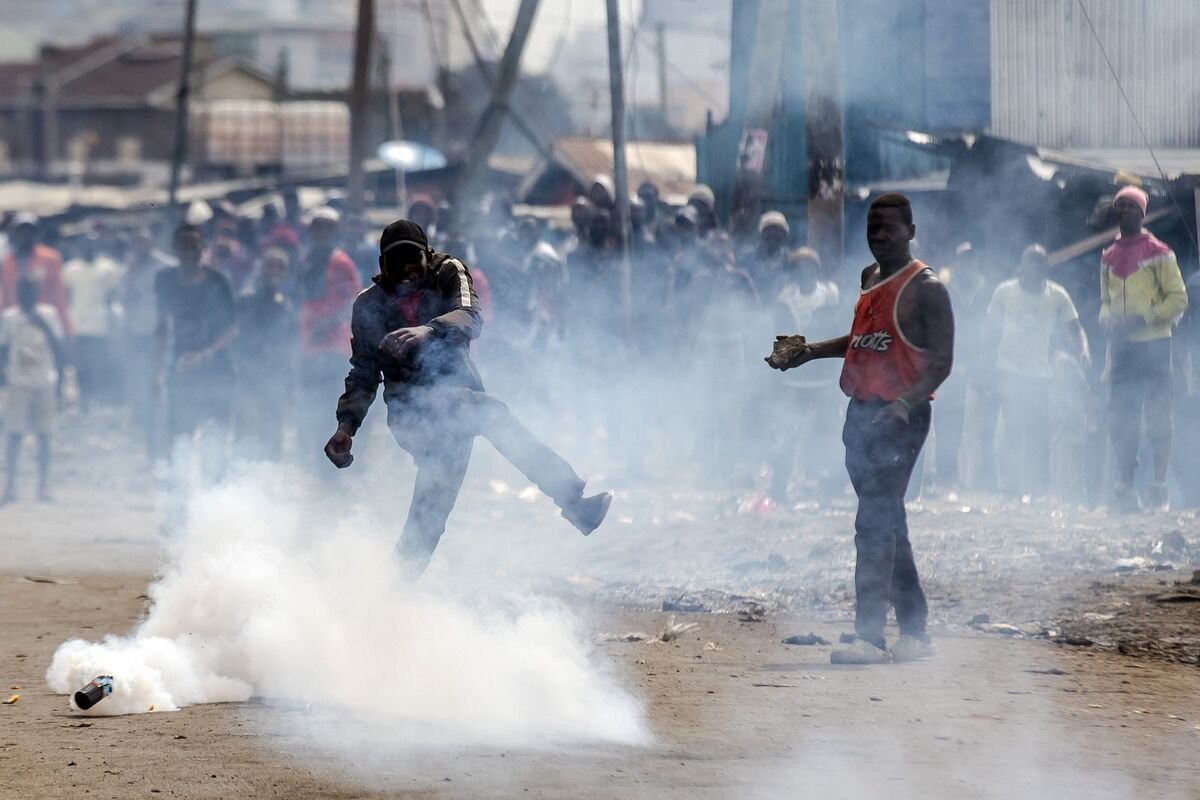
IMF pressure sparked civil unrest in Kenya - Photo: Luis Tato, AFP, Getty Images
The government of the developing countries also have to limit and end their dependency on “technocrats,” those government officials who are pacifists and enemies of the working class. Most of these “technocrats” are trained in foreign countries at bourgeois-oriented universities, and indoctrinated in the capitalist ideology of development, they work assiduously to support and implement this ideology. The IMF, World Bank, and other imperialist financial institutions cannot provide and are not structured to provide a development model that brings about peace, working-class democracy, and progressive social development. The reliance on foreign assistance for social development, is doomed at the outset; it creates a distrust for the creativity and collective self-assurance of the masses, which is critical for establishing a national economy. The primary beneficiaries of “foreign assistance” are the multinationals first and foremost, the local oligarchs and corrupted government officials.
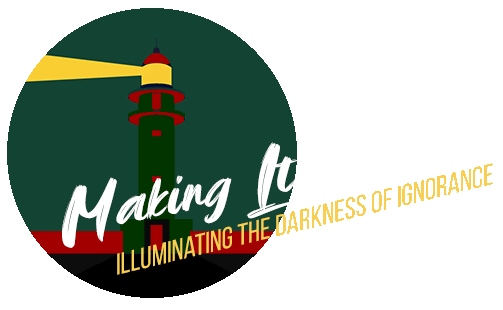
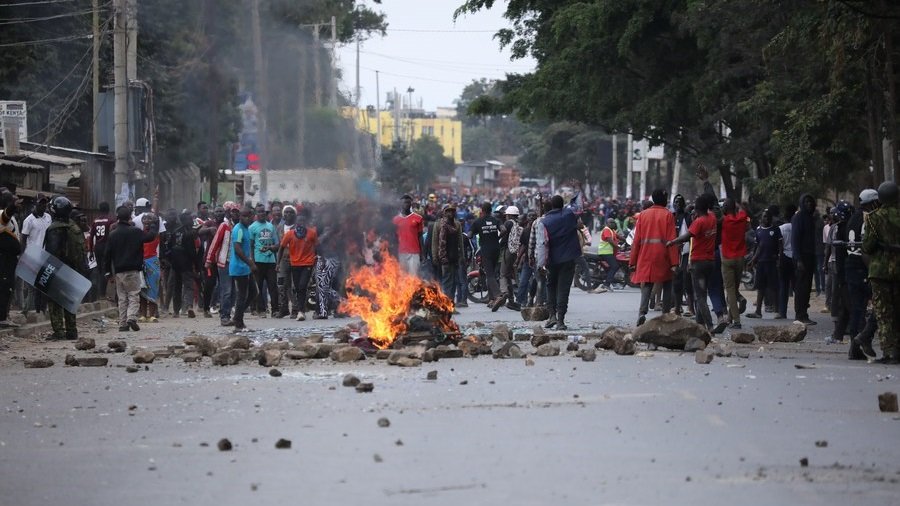
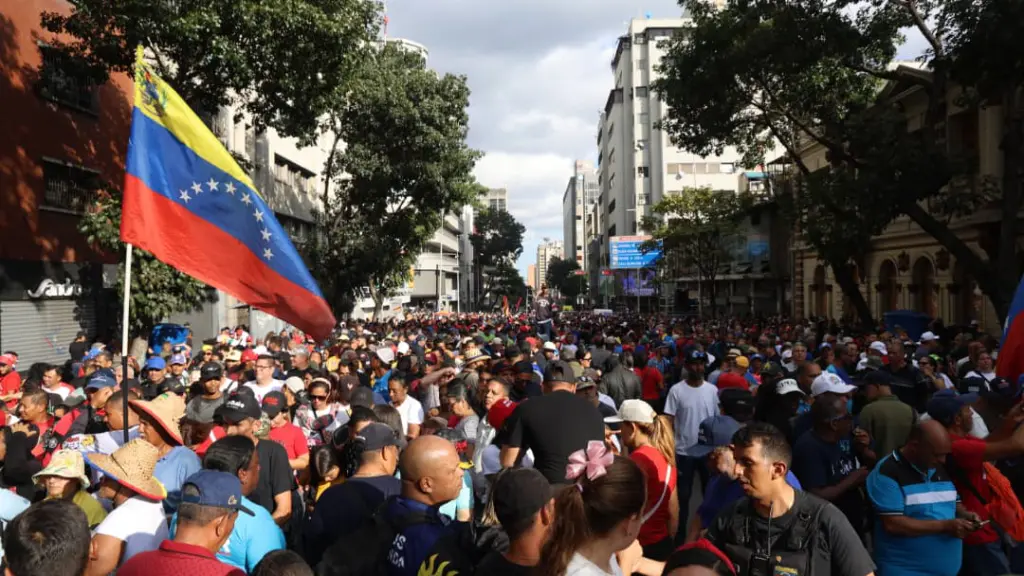


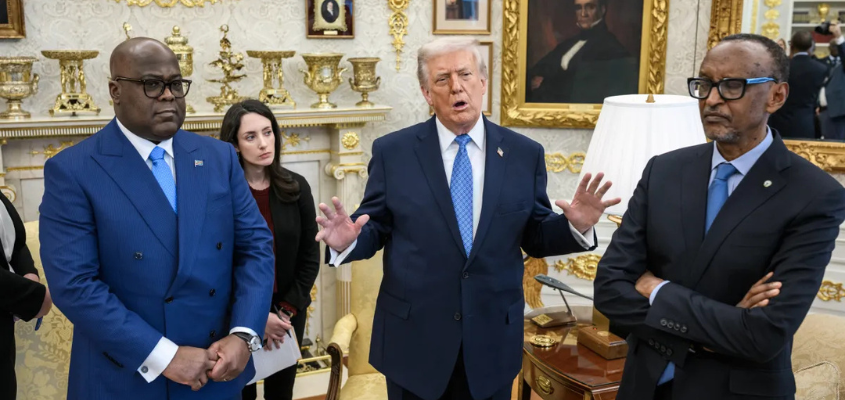
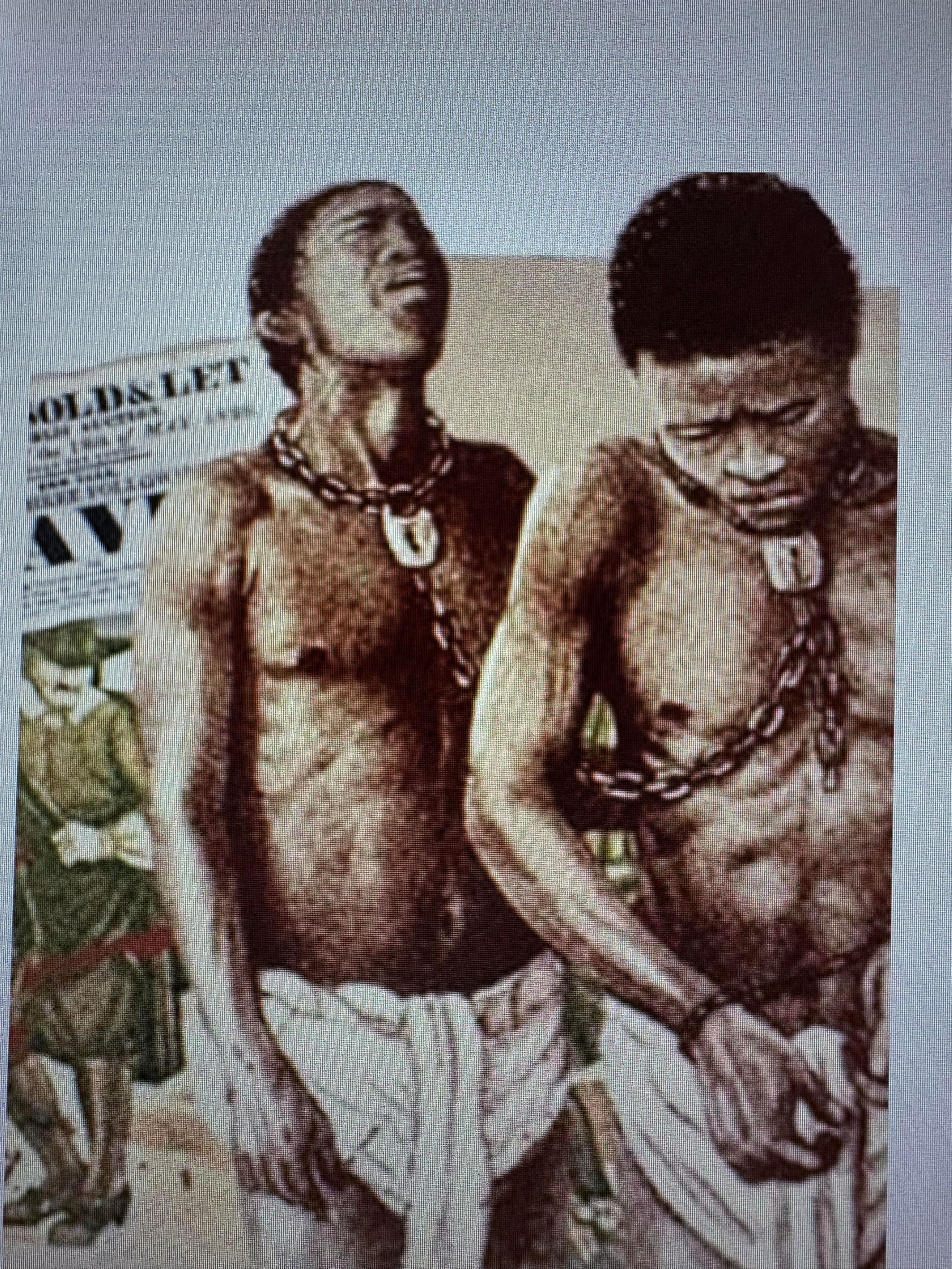

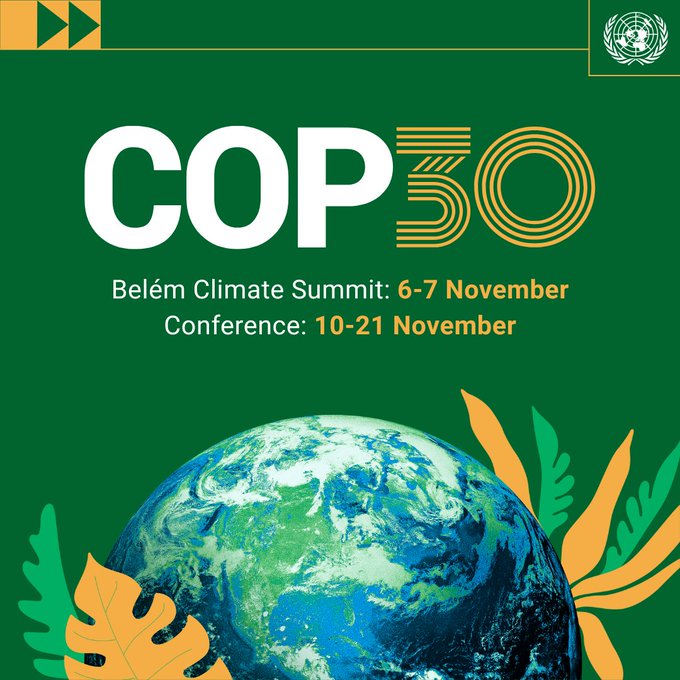

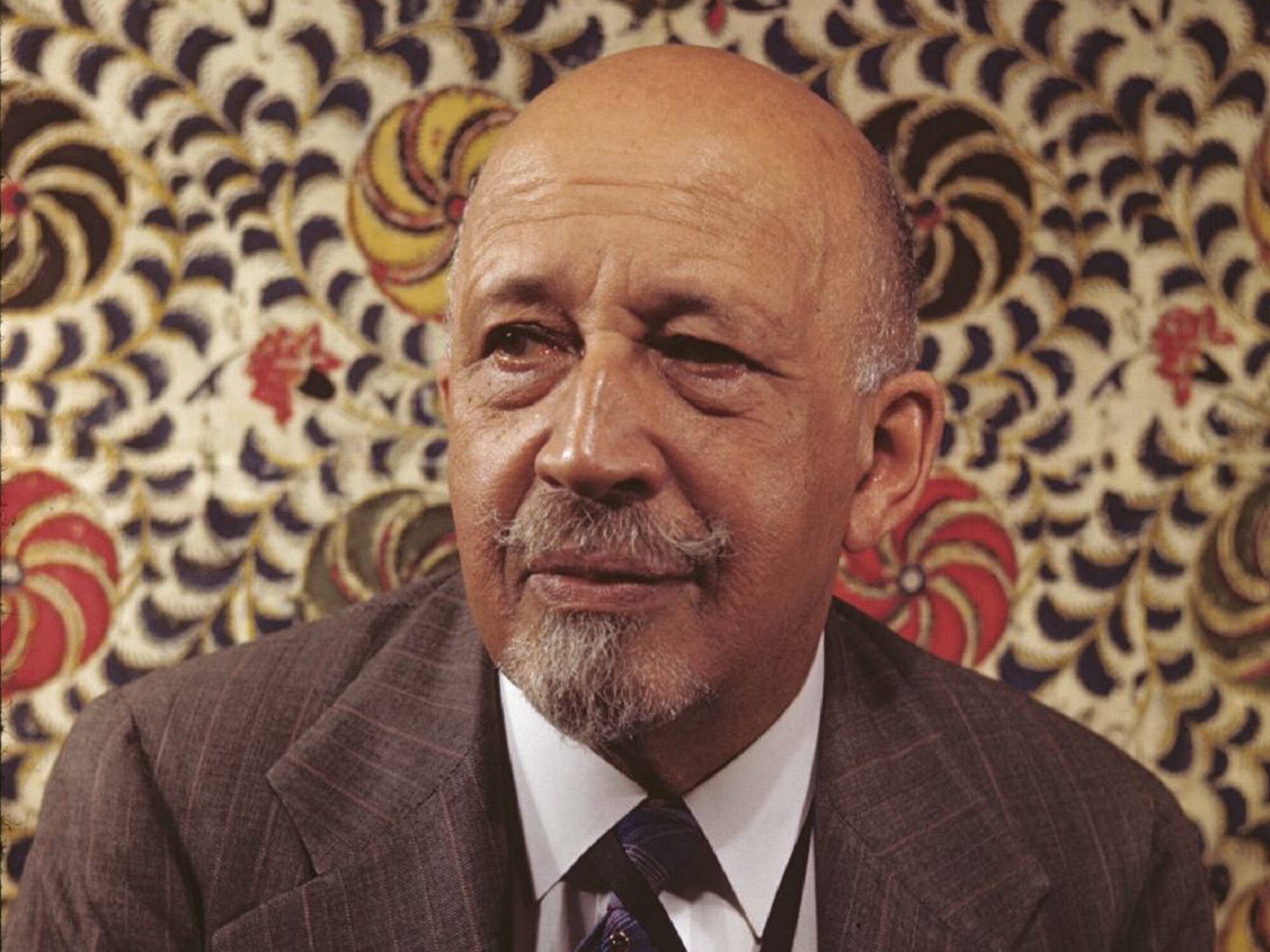



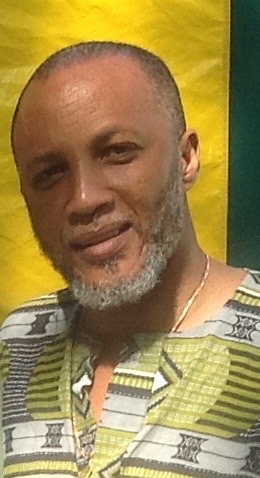

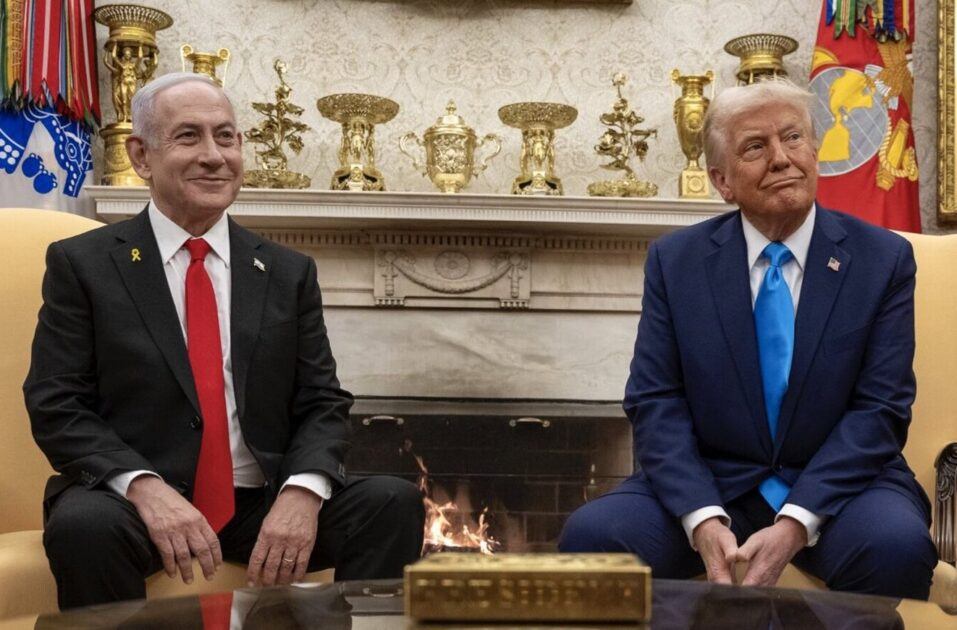
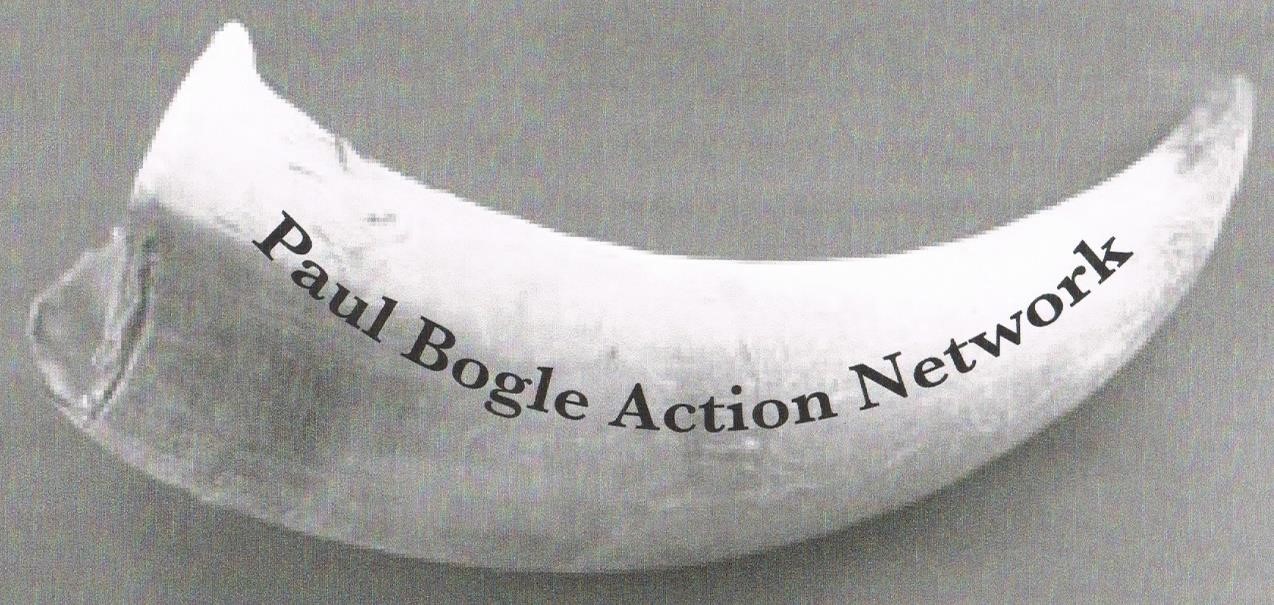
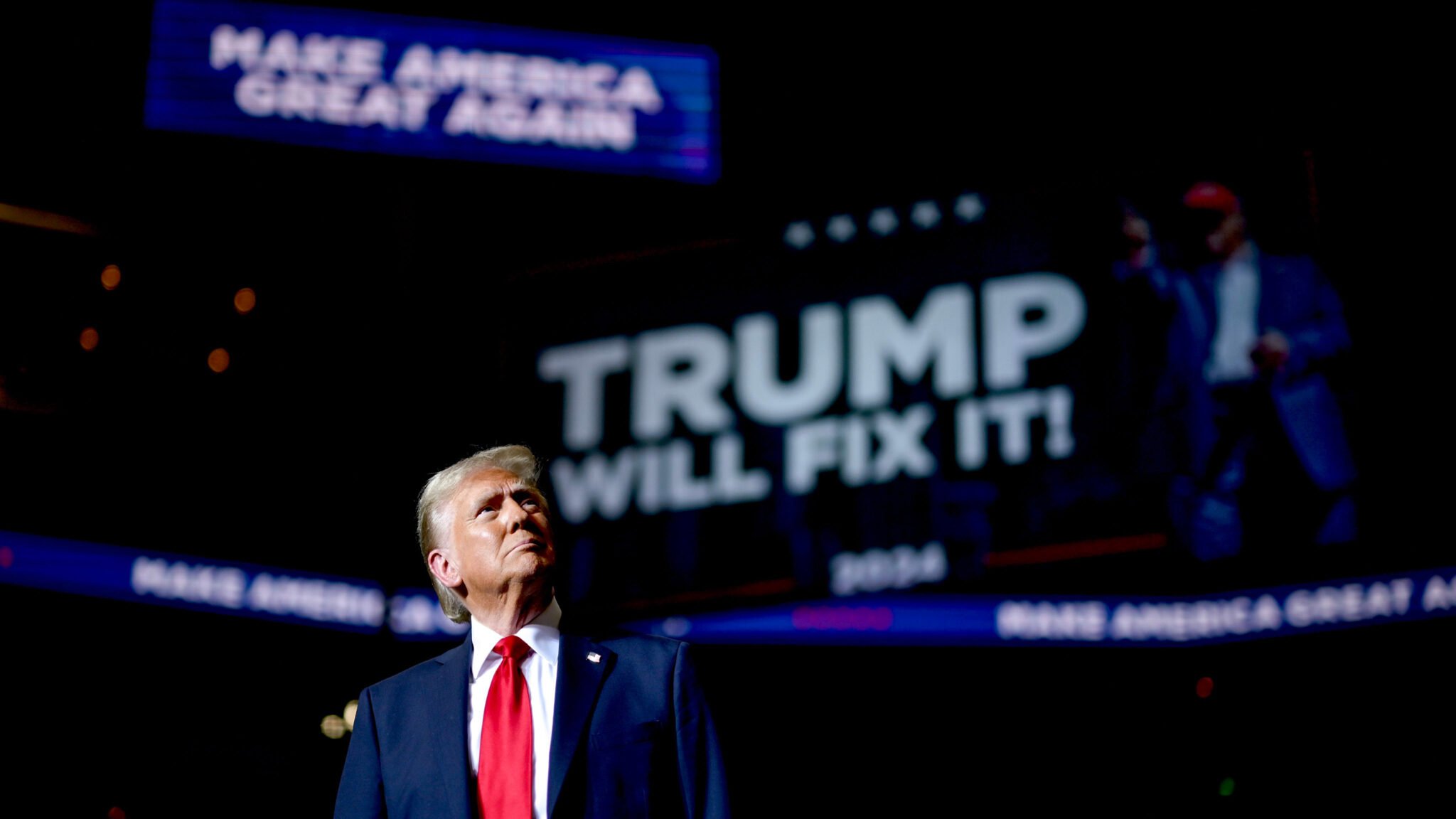
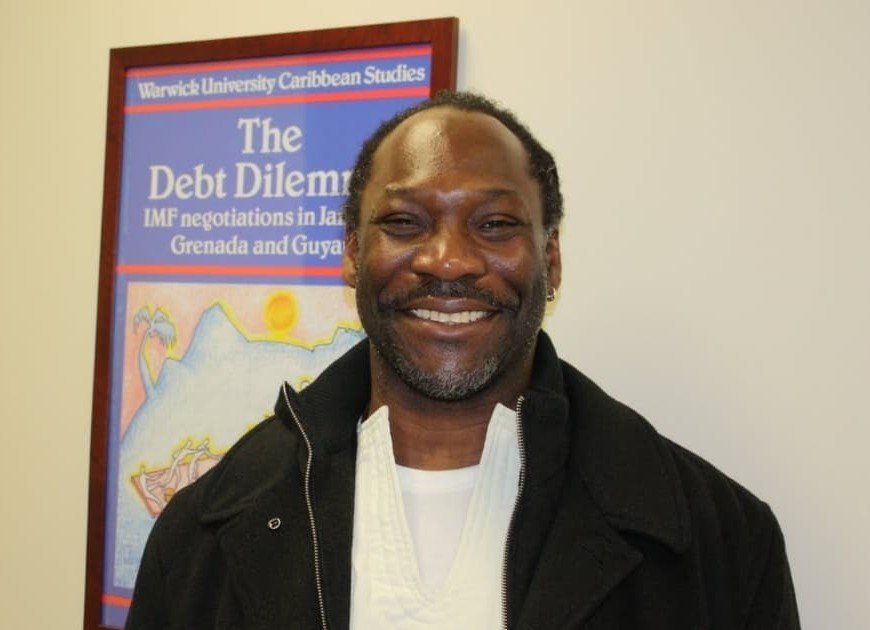
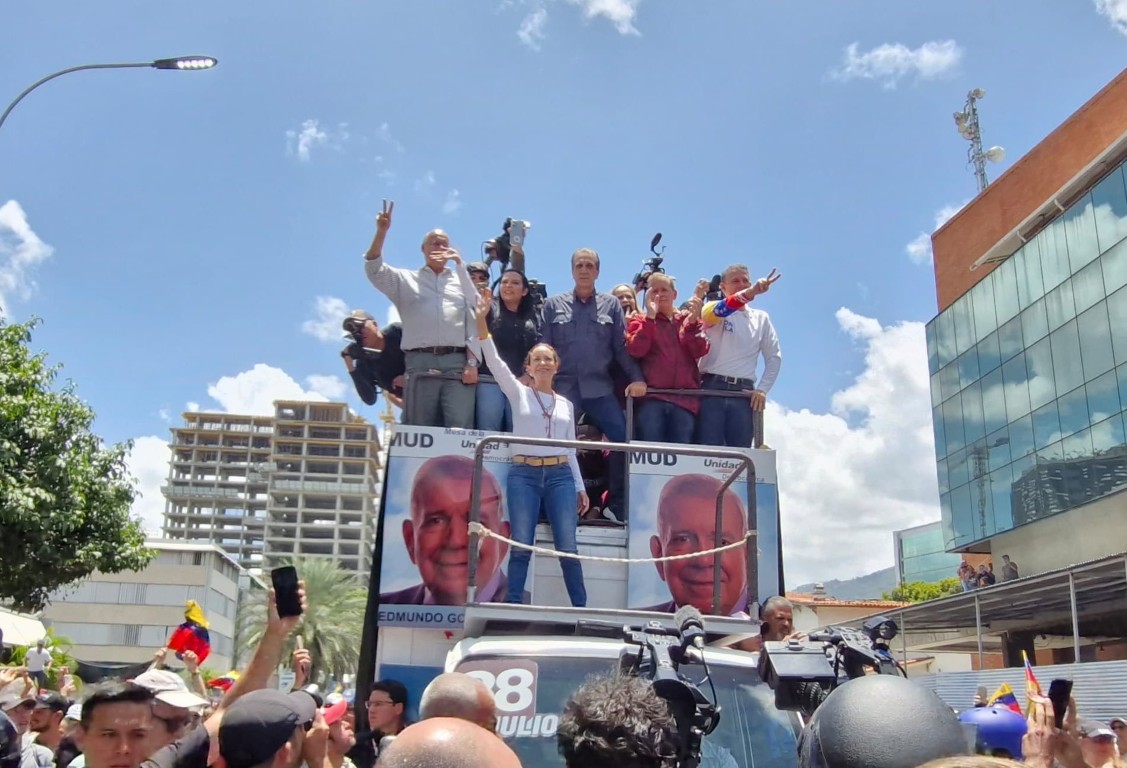
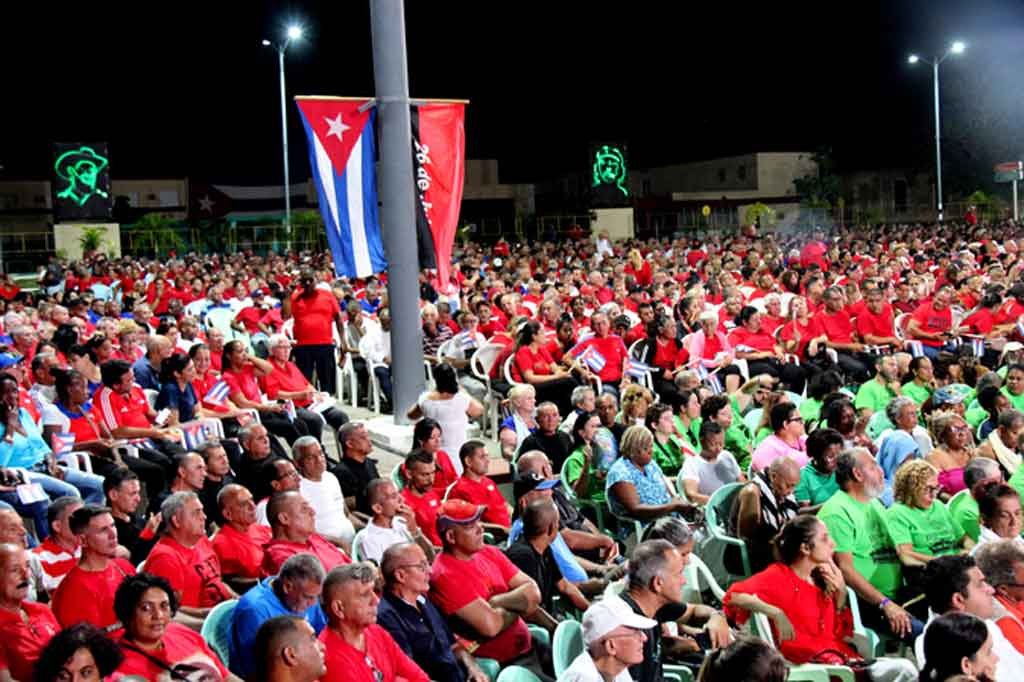
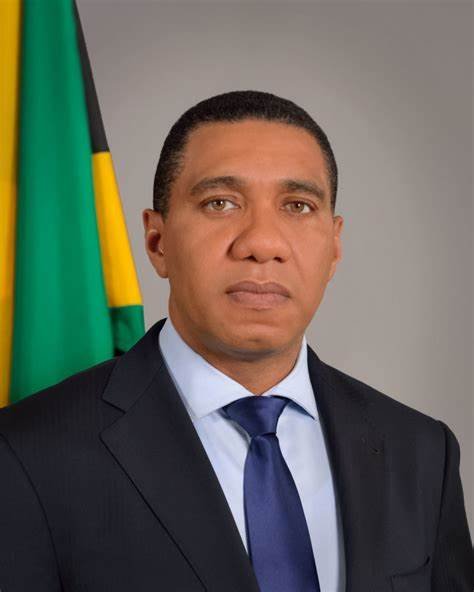

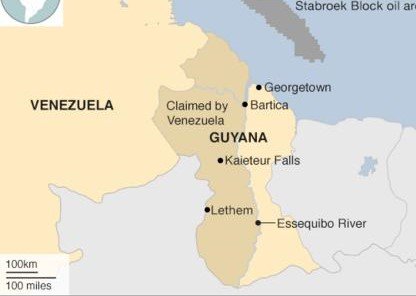
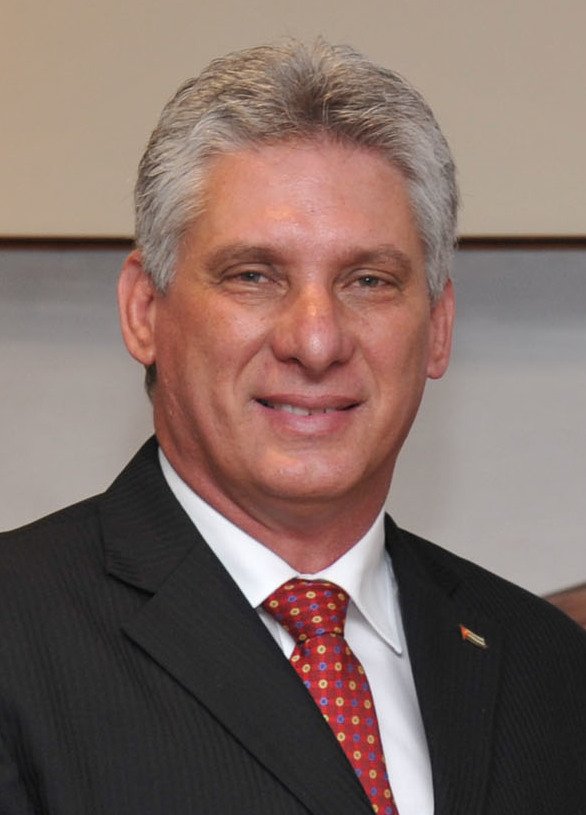

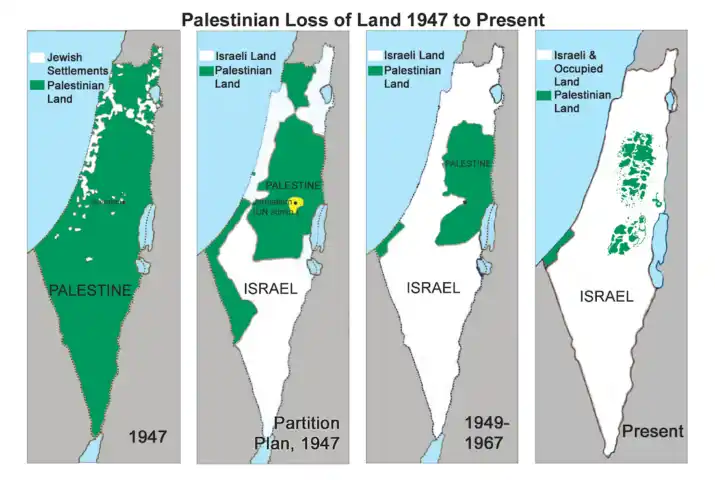
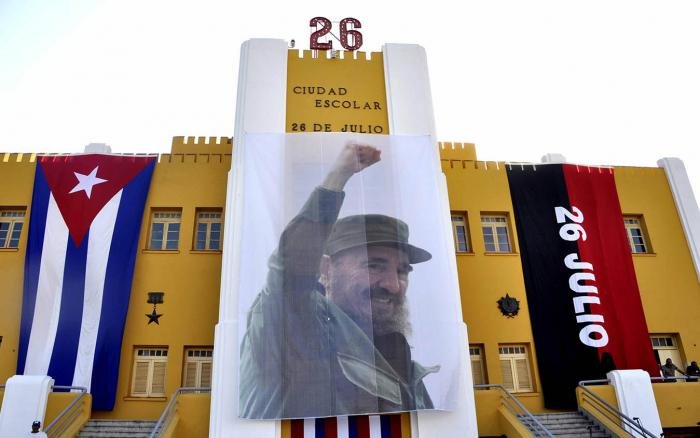
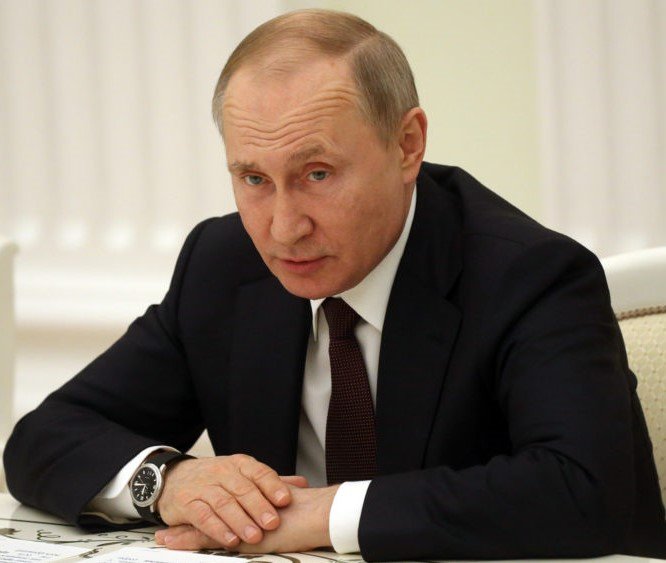
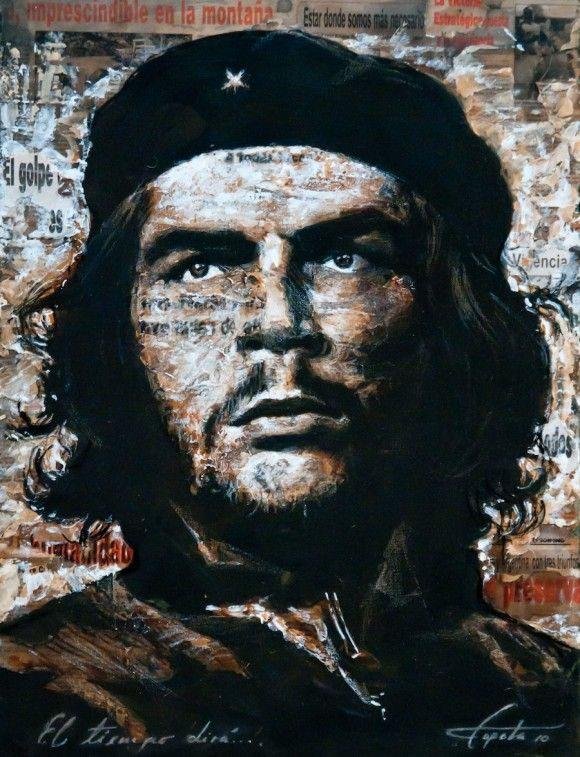



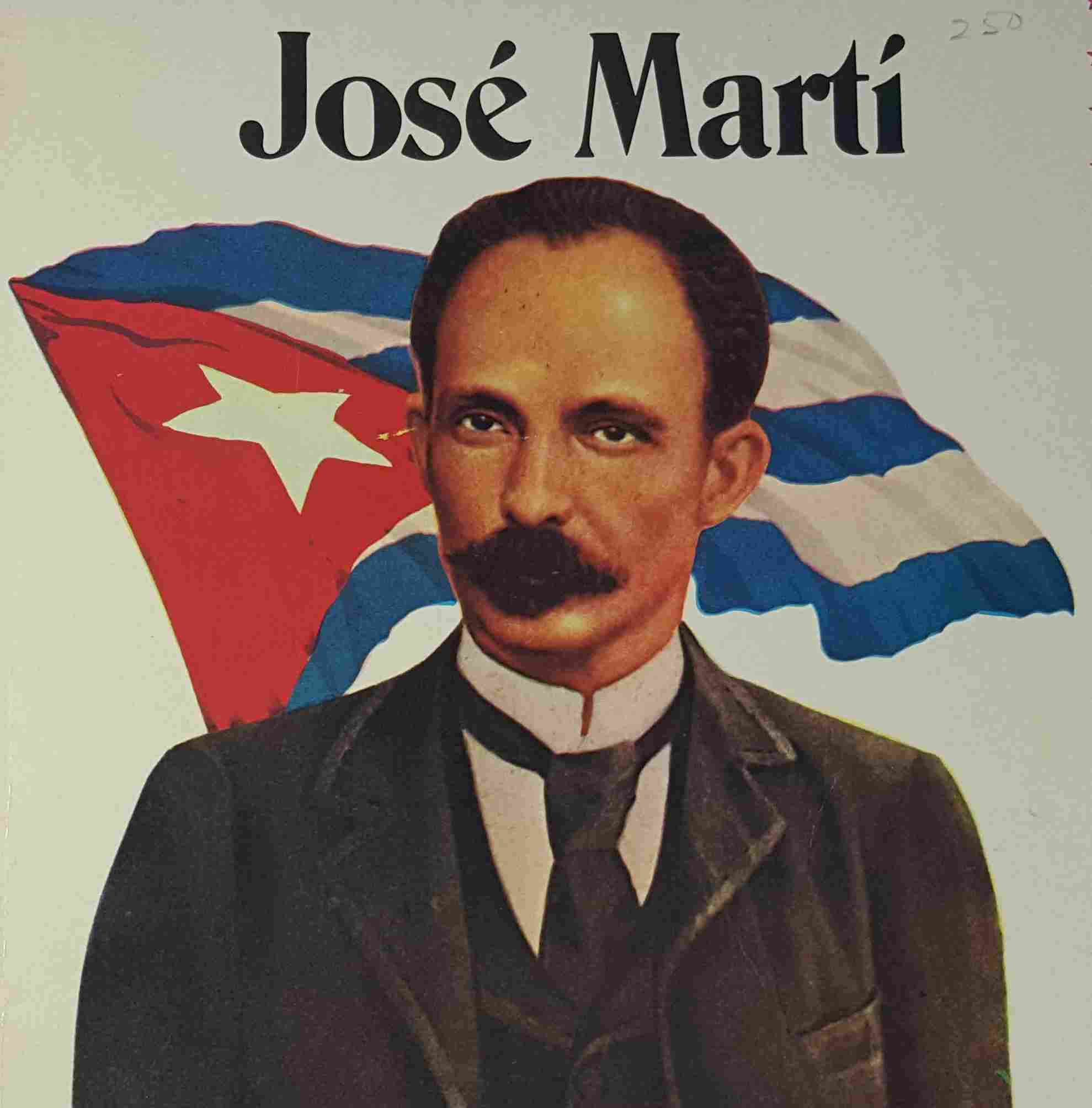
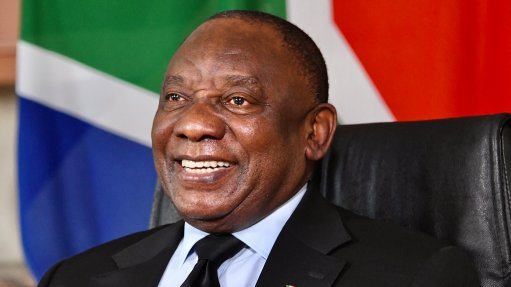
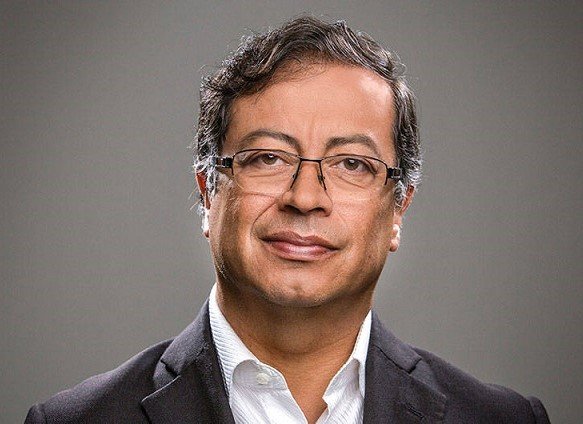

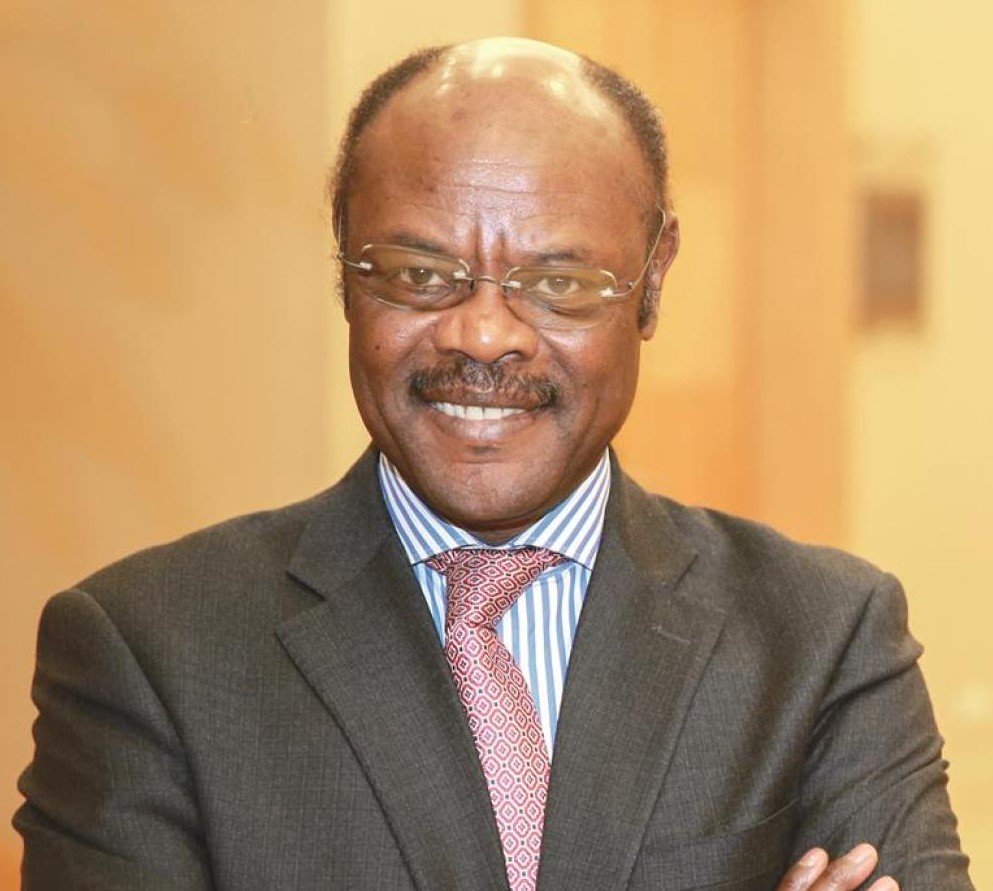
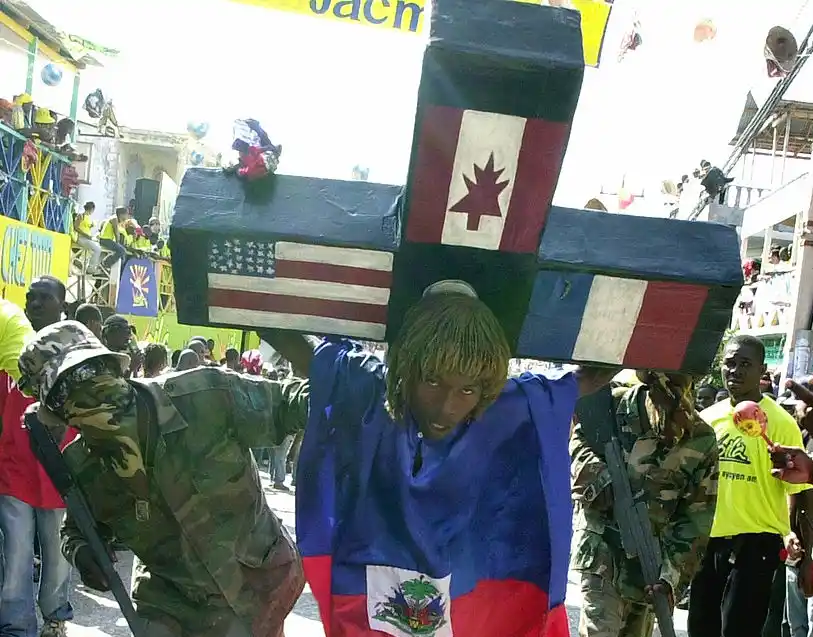
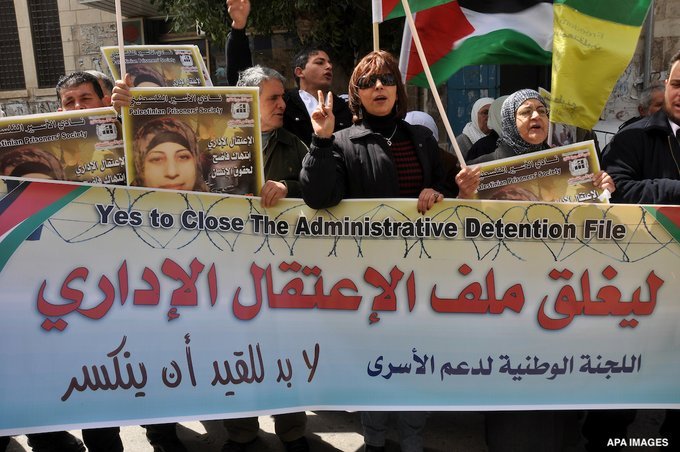

Share with your network